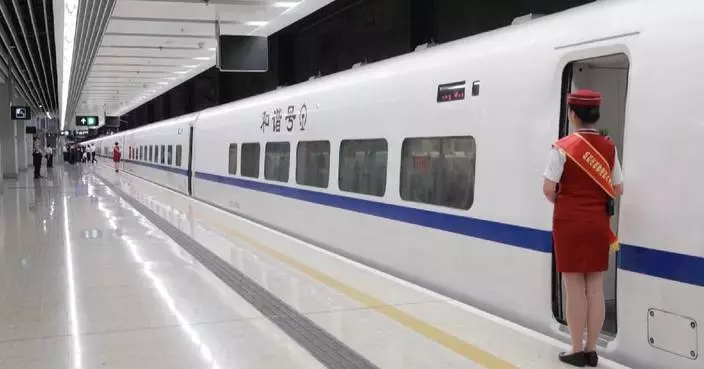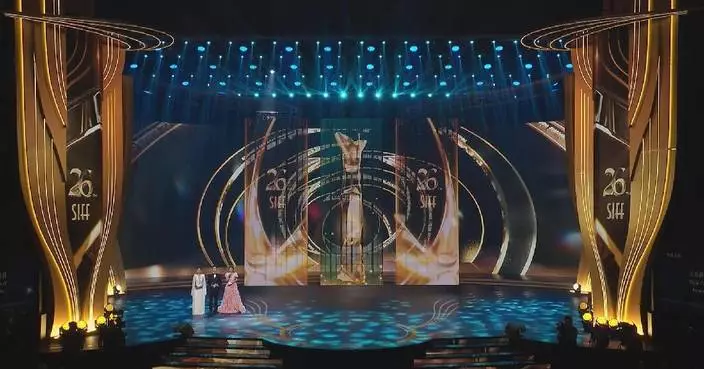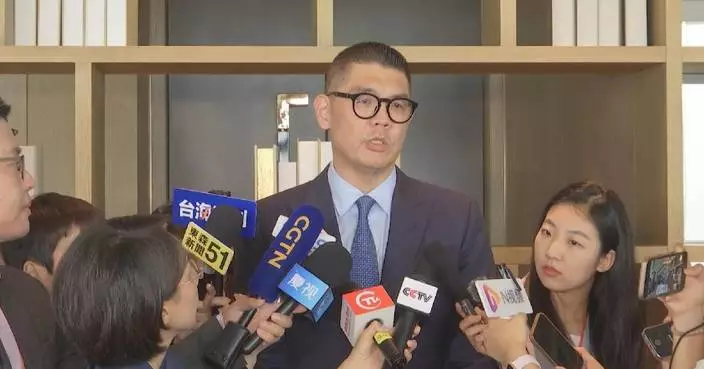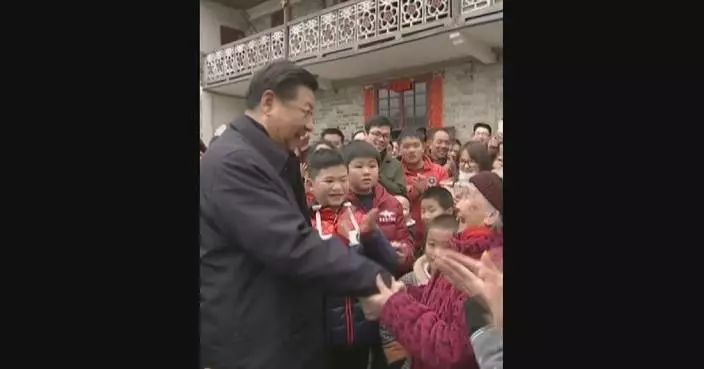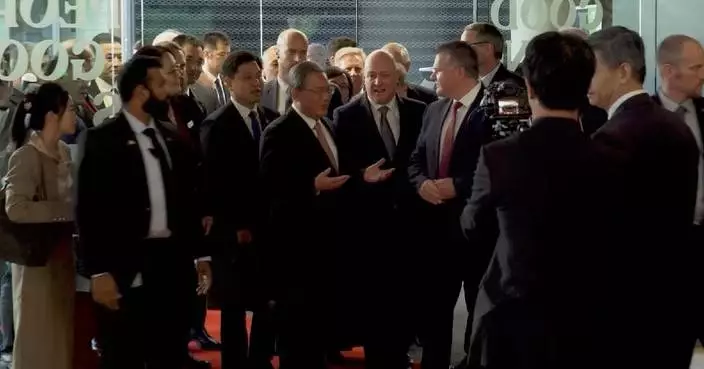The UN South Center, an intergovernmental organization of developing nations, firmly supports the one-China principle as reiterated over the years, said the agency's executive director on Wednesday.
Recently, UN agencies and international organizations in Geneva have reaffirmed adherence to Resolution 2758 of the UN General Assembly and firmly support the one-China principle in response to the new Taiwan regional leader Lai Ching-te's plan to push "Taiwan independence".
Carlos M. Correa told China Global Television Network (CGTN) that his agency is committed to support and defend the one-China principle, during an interview held in Beijing.
"Well the visible [decision] is to support the one-China principle. We have recently sent a letter to the ambassador of China in Geneva, reaffirming our commitment to support and defend this principle. Of course this is basic. I know some of the history and fully recognize the sovereignty of China, Taiwan. And therefore this principle, we have indicated this in the past and we continue to affirm this principle. Now I have seen that there are some attempts to question this. For instance, now their work at the Assembly will take place and probably the issue will come up again. But clearly the South Center has a very firm position in connection with the one-China [principle]," he said.
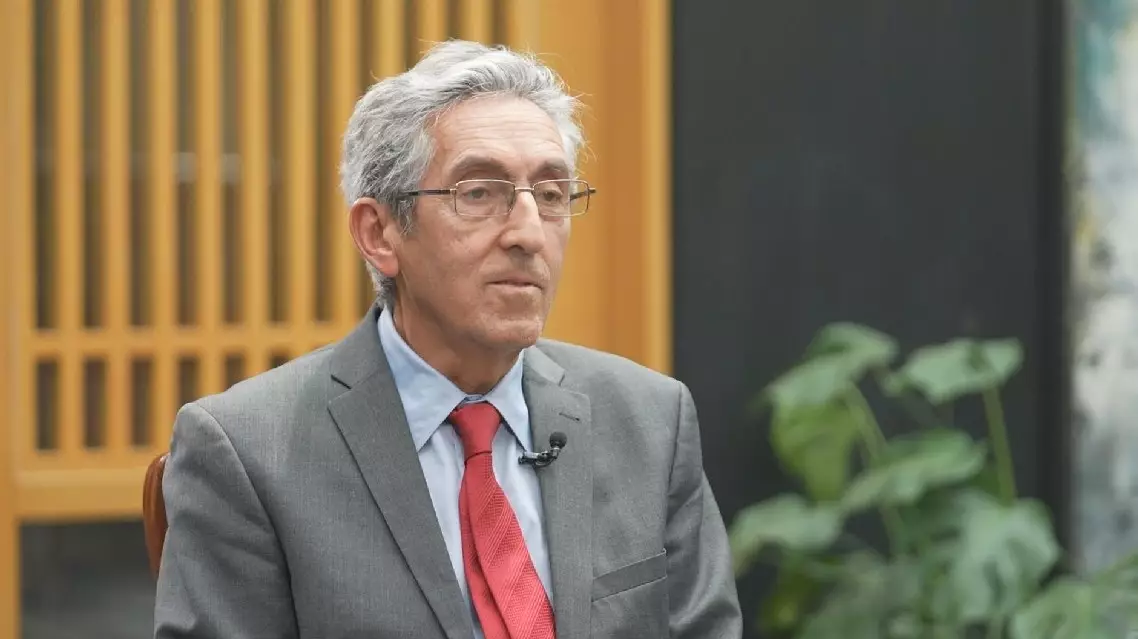
UN South Center firmly supports one-China principle: official
The hegemonic attempt of the United States to hobble China's growth by limiting its access to advanced AI chips has proved unsuccessful, a Chinese economist said on Saturday.
The Biden administration is reportedly considering further restrictions on China's access to chip technology used for artificial intelligence. The restrictions are aimed at making it harder for China to use a cutting-edge chip architecture known as gate all-around, or GAA.
China Global Television Network (CGTN) sat down with Lawrence Lau, Professor of Economics at The Chinese University of Hong Kong to talk about the potential impact of Washington's move.
Lau said the U.S. is doing so to deter other countries' development while maintaining its scientific and technological hegemony. But despite mounting sanctions, Chinese tech giant Huawei has notched a remarkable technological breakthrough last year, with the launch of its Mate 60 Pro smartphone coming as a surprise to industry insiders and U.S. policymakers.
"It is really because the U.S. wants to maintain, or the ruling elite in the U.S. wants to maintain the U.S. global hegemony. That is the fundamental objective. The U.S. is doing everything possible to slow down Chinese growth. But it hasn't been very successful. Take for example, the Mate 60 [of] Huawei. I think nobody expected that Huawei could produce this new cell phone in volume," said Professor Lau.
He believes the U.S. will finally come to realize that their restrictions on exports of advanced semiconductors to China will not hold back China's technological advancements; instead, U.S. industries will take a hit.
"You see the goal of the U.S. is to maintain the U.S. global hegemony. It has nothing to do with commercial interests. But at some point, I think, they would discover that: 'ok, we tried everything, and nothing seems to work. So let us sit down and talk to the Chinese.' But we are not there yet," Lau said.
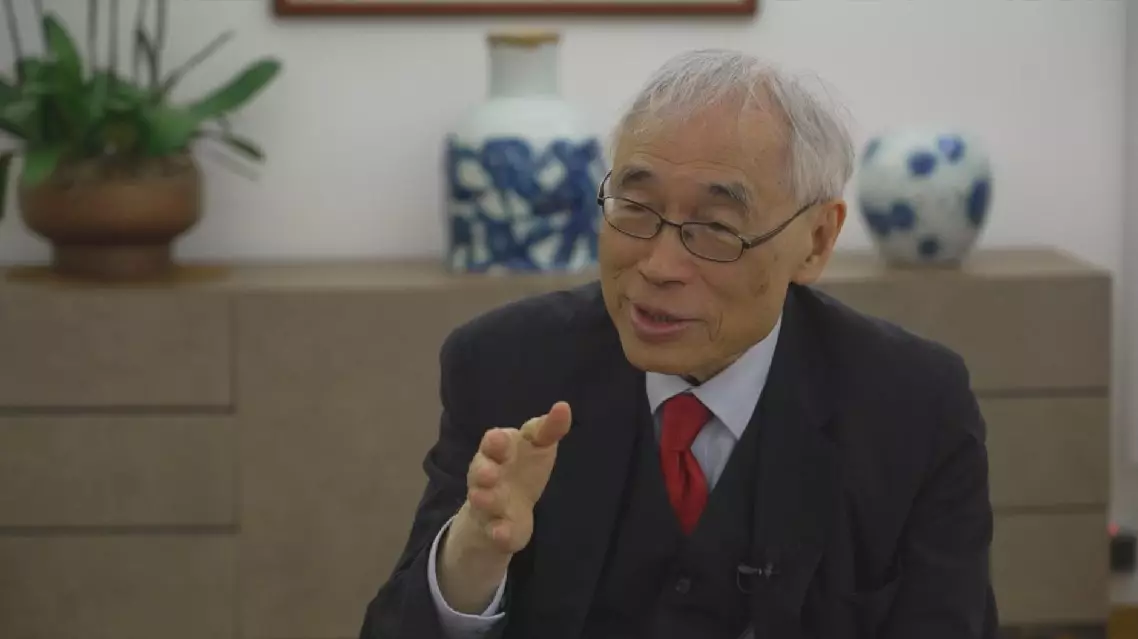
US intention to slow down China's growth not successful: expert




